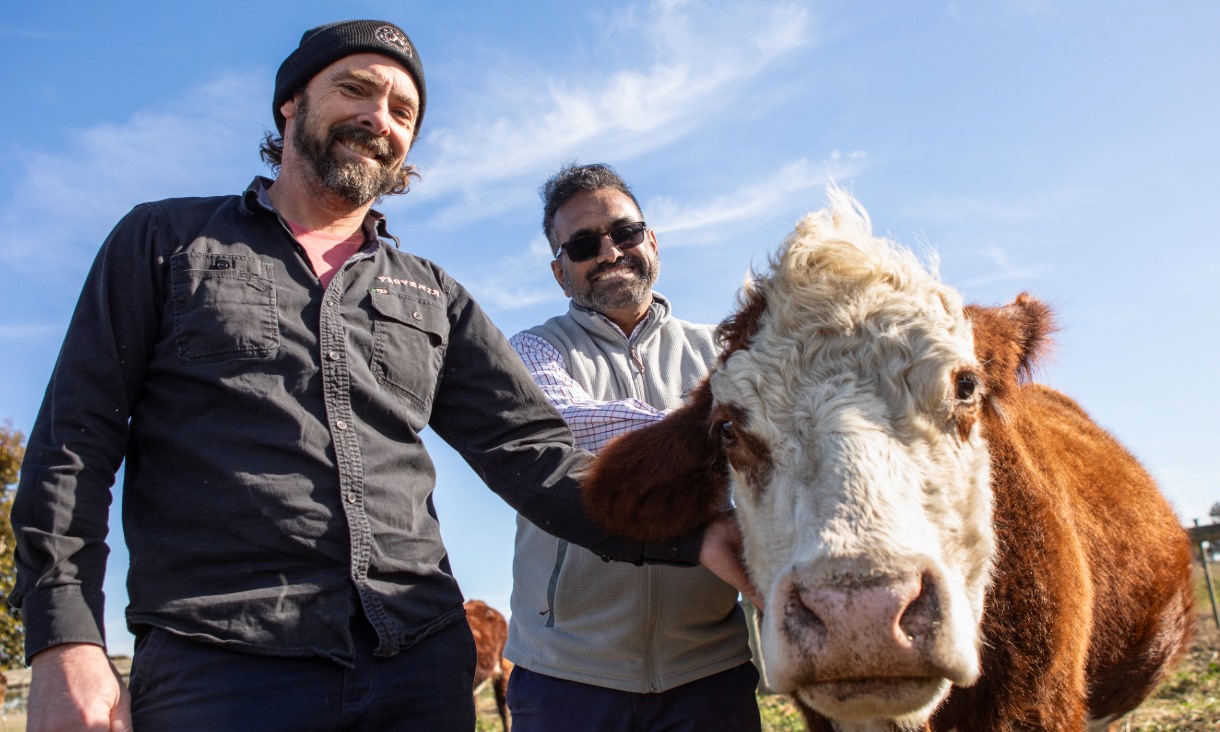What do we know about a single dose of Pfizer?
Clinical trials of the Pfizer vaccine were designed to test the efficacy of the vaccine more than one week after the second dose. However, these trials also provided the first hints that a single dose could offer some protection as early as 12 days afterwards.
“Real world” data now supports these early observations — a single dose is highly effective against hospitalisation four weeks after vaccination.
Meanwhile, early research and reports suggest a first dose of Pfizer could be between 50% and 90% effective at preventing infection.
Preliminary data also suggest people who become infected with SARS-CoV-2 after one dose of the Pfizer vaccine are up to 50% less likely to transmit that infection to other members of their household.
And what about a single dose of AstraZeneca?
The AstraZeneca vaccine was initially developed as a single-dose vaccine, estimated to have an efficacy of 76% against disease in clinical trials.
These trials were later amended to include a second dose when other work showed two doses significantly increased antibody levels in volunteers.
Real-world data, though yet to be peer reviewed, has shown one dose is roughly 65% effective at protecting from infection and up to 50% effective at preventing vaccinated people from passing the virus on if they do become infected, like Pfizer.
Also similar to Pfizer, a single dose of the AstraZeneca vaccine offers very good protection against hospital admission four weeks afterwards.
What takes so long?
Despite differences in mRNA vaccines like Pfizer and viral vector vaccines like AstraZeneca, both take similar amounts of time to generate antibody responses. After a single dose of AstraZeneca, antibodies can be detected after 14 days and further increase over the next two weeks.
But why does it take time for these responses to develop? When researchers track the antibody response to the first dose of vaccine, they find it takes at least ten days for the immune system to start making antibodies that can recognise SARS-CoV-2’s spike protein (a protein on the virus’ surface which it uses to enter our body’s cells).
It also takes at least a week for T cells, a type of white blood cell important in our immune response, to start to react to the vaccine. Over the next few weeks, these responses become even stronger.
In contrast, the second dose activates the immune system much more quickly. Within a week of dose two, your antibody levels increase by more than ten times, providing much stronger and longer-lasting protection from infection.
So the first dose of a COVID vaccine gets your immune response going, but the second dose is essential to ensure immunity is strong, consistent from person to person, and longer-lasting.









